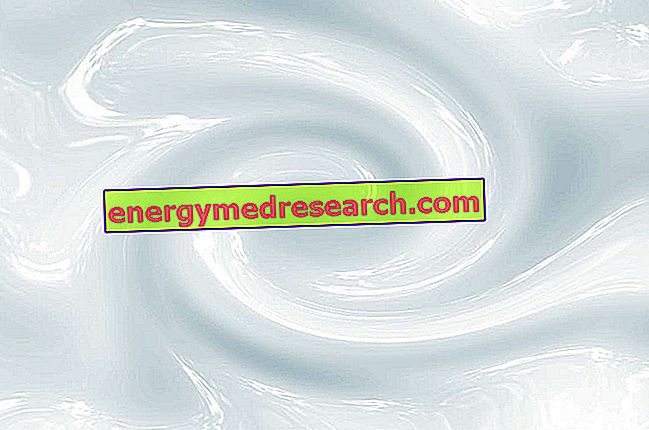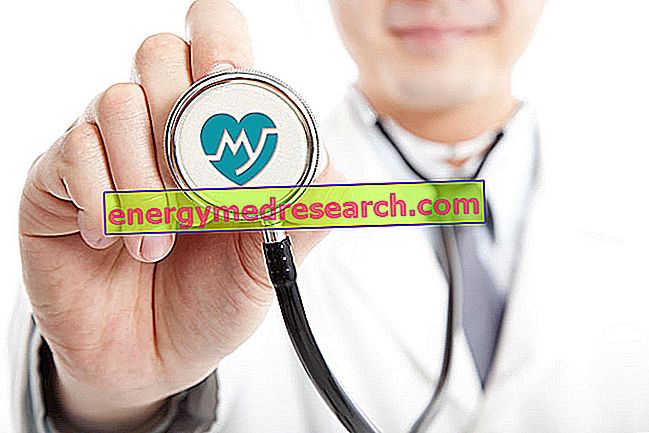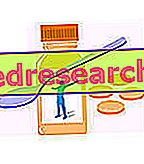
Milk proteins are high biological value peptides traditionally considered to be very nutritious to humans.
When it comes to milk protein it is necessary to make a distinction between: breast milk and animal milk. The maternal composition is tailored to the growing organism, but its availability is limited to the first months of life; the vaccine (commonly synonymous with drinking milk) is a food derived from the milking of certain Species, the most widespread of which is certainly the cow. Cow's milk boasts a similar nutritional profile but absolutely not superimposable to the human one, which is why the two foods cannot be defined as substitutable for each other.
Not all scientists consider milk as an important food resource; in fact, for some researchers, this food could even be harmful and compromise human health.
A very recent survey called " The China Study " (carried out on the Chinese population between 2005 and 2013) links female breast cancer with the (long-term) exposure of the mammary gland to excessively high concentrations of female hormones; these would in turn be associated with early amenarca (age at first menstruation), late menopause and a high concentration of cholesterol in the blood.
For the authors of the experiment, all the aforementioned risk factors seem to be closely linked to a diet rich in animal proteins and, in particular, of cow's milk casein.
Compared to a British or American woman, a Chinese woman (who takes about 90% less food than animals) is less exposed to estrogen for 35-40%; as a result, the breast cancer rate among Chinese women would be roughly 1/5 compared to western females.
On the other hand, a 2007 research entitled " A role for milk proteins and their peptides in cancer prevention " also looked for possible correlations between milk proteins and carcinogenesis, obtaining data quite different from those previously exposed.
The milk casein, its peptides, but NOT the free amino acids, seem to have antimutagenic properties (that is, which oppose the genetic mutation, the basic process for the formation of tumor cells).
In animals, whey proteins show in almost all studies a greater suppressive effect against colon and breast cancer development. This benefit is attributable to the high content of cystine / cysteine and gamma-glutamyl cysteine dipeptides, as efficient substrates for glutathione synthesis.
Glutathione is a ubiquitous cellular antioxidant that, either directly or through certain associated enzymes, destroys reactive oxygen species, detoxifies carcinogens, maintains proteins in a reduced state (electrical charge) and guarantees the competence of the immune system.
Various experiments have shown that the preventive power referred to whey proteins against certain tumors is associated with an increase in glutathione levels in blood serum and in tissues, as well as to a greater proliferation of lymphocytes of the spleen, of phagocytosis at work of natural killer cells and the activity of cytotoxic T helper and T cells.
Certain protein components of whey, such as beta-lactoglobulin, alpha-lactalbumin and serum albumin, have been less studied, but the results obtained suggest that they may have an anti-cancer potential.
Lactoferrin, on the other hand, which is a secondary molecule, has received more attention, since it seems to inhibit intestinal tumors and perhaps those of other body sites. Lactoferrin acts by induction of apoptosis (programmed cell death of diseased cells), by inhibition of angiogenesis (capillary development), with the modulation of enzymes that metabolize the carcinogen and probably represents an iron reserve.
Dietary supplementation of cows with selenium increases the content of selenoproteins in milk, which in rats has been shown to inhibit colon carcinogenesis.



